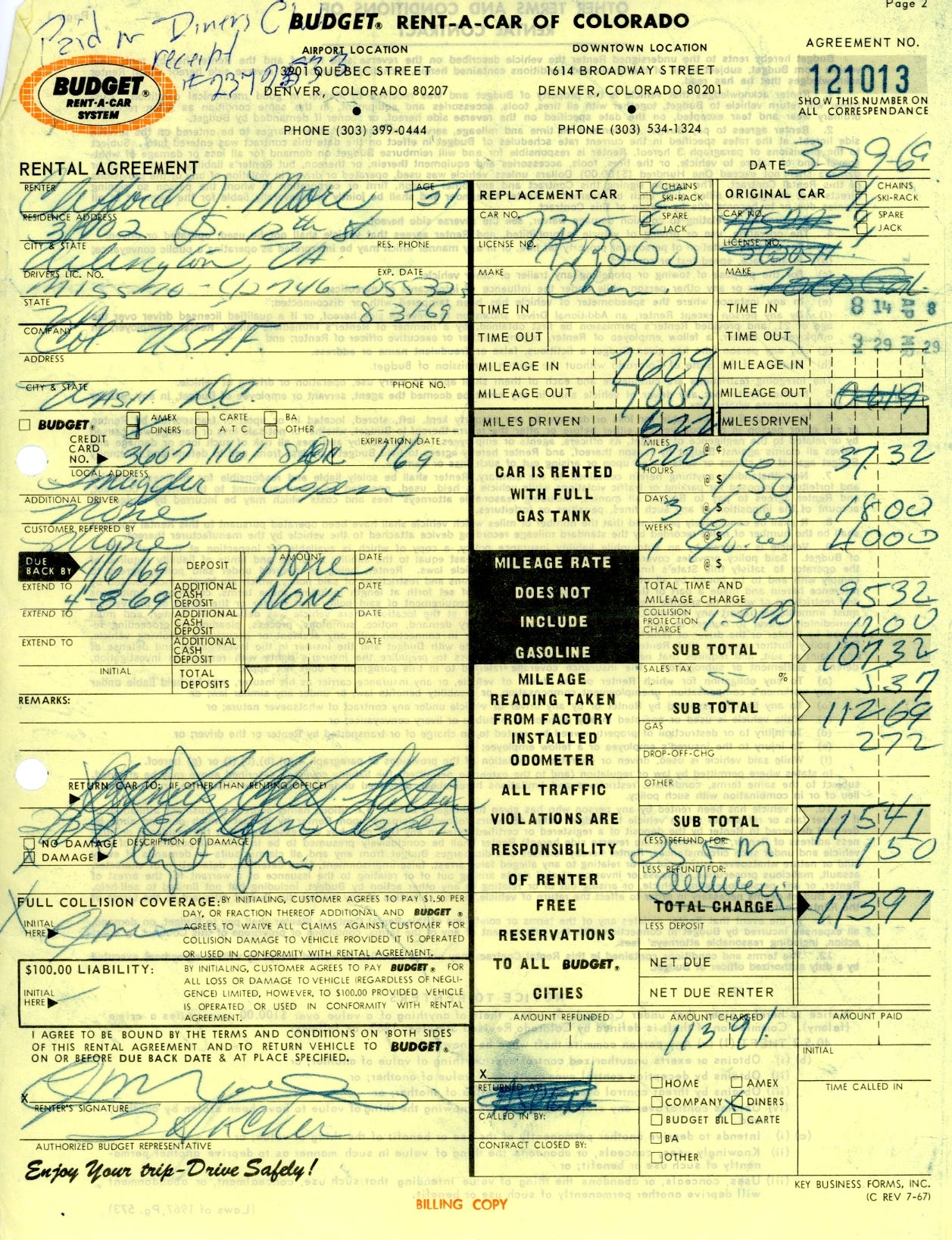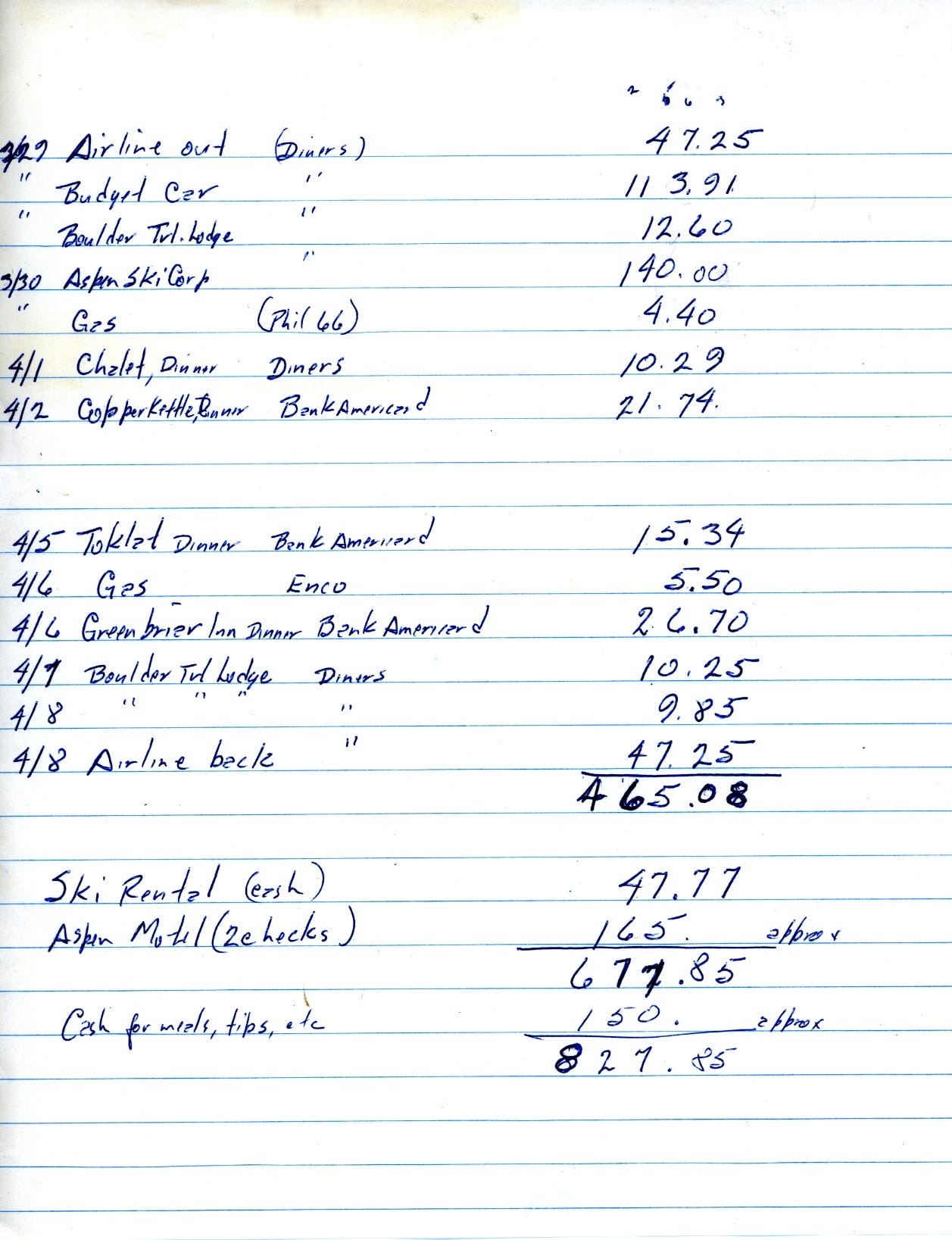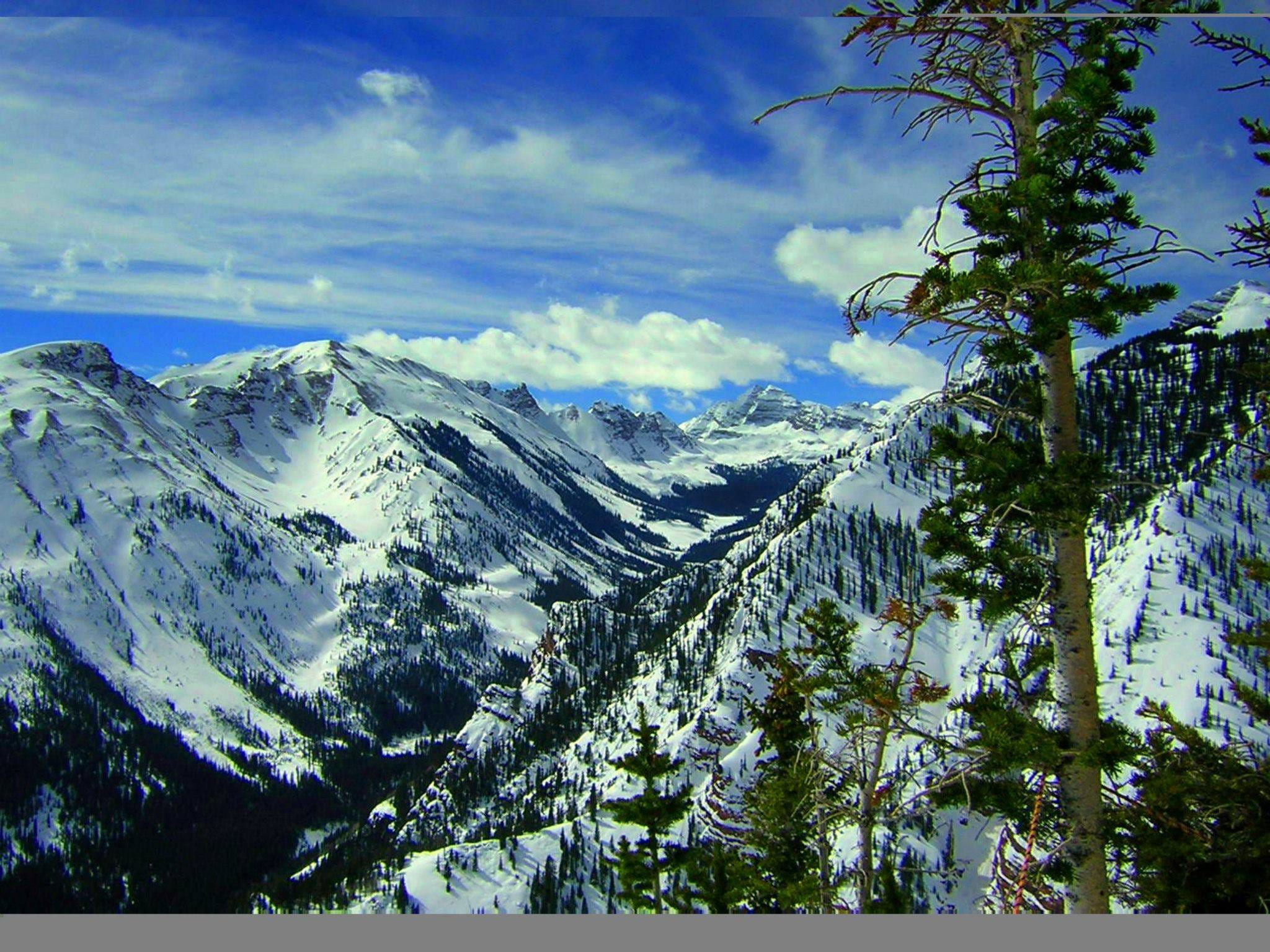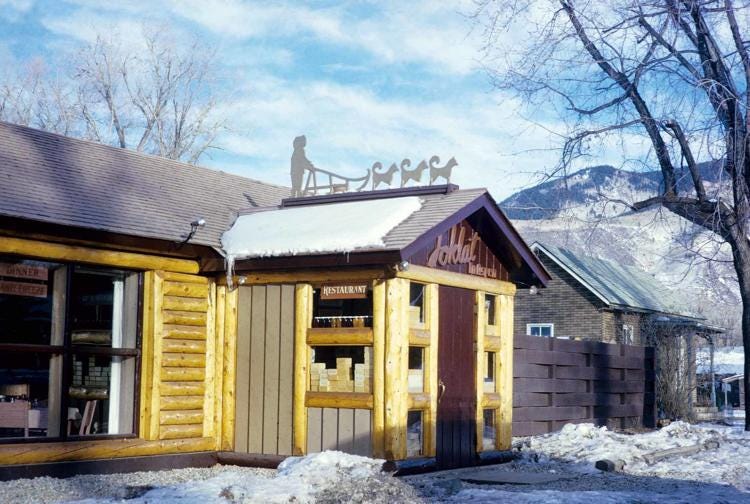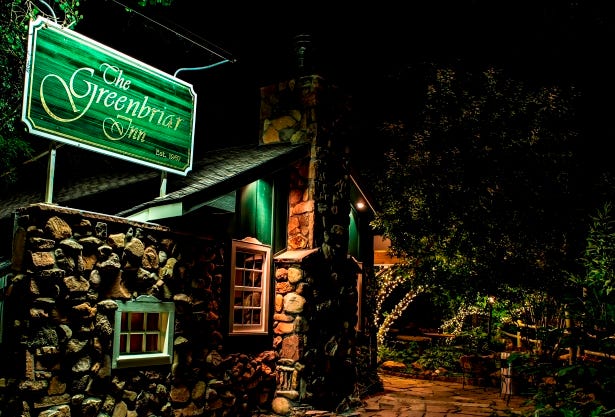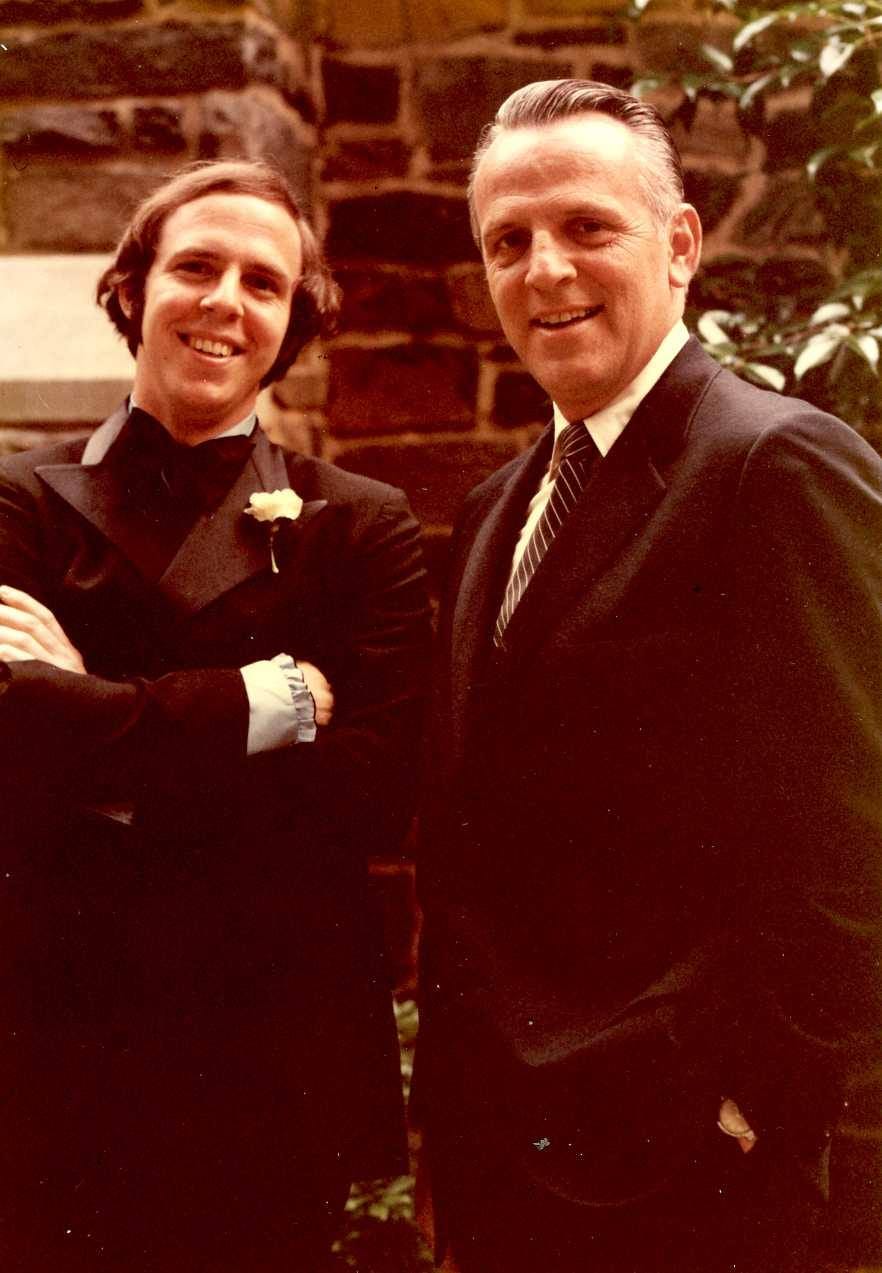In October, 1893, Chicago Evening Post journalist and humorist Finley Peter Dunne created a newspaper column written by the fictitious Irish bartender, Mr. Martin Dooley, a Dunne avatar whose jabs and barbs, witticisms and knife-edged humor skewered the political elite, and discomfited the socially well-to-do.
I first began reading Mr. Dooley’s 750-word columns when I was a teenager in high school here in Virginia in the late 1960s. As a kid raised by a mother whose biting editorial lashings took deadly aim at local politicians she accused of malpractice when it came to county politics, budgets, road maintenance, health care facilities, and various restrictive land-use ordinances, I appreciated to no end Mr. Dooley’s rotten-apple-coring observations written half-a-century before my birth.
Perhaps the most famous Dooleyism is this one, pulled from a larger paragraph, but nonetheless getting to the heart of what we as journalists see as our founding principle:
“The job of the newspaper is to comfort the afflicted and afflict the comfortable.”
A bit of cheek and the sting of skepticism
Now, in all fairness to accuracy of context, Dooley — and by inference, Dunne — was not exactly championing the news media of his day. The complete paragraph is this:
“Th’ newspaper does ivrything f’r us. It runs th’ polis foorce an’ th’ banks, commands th’ milishy, controls th’ ligislachure, baptizes th’ young, marries th’ foolish, comforts th’ afflicted, afflicts th’ comfortable, buries th’ dead an’ roasts thim aftherward.”
If you think about it, if you give it a bit of a cynical 21st century spin, you could almost infer that Dooley/Dunne was speaking of the newspaper as Donald Trump might…as Steven Miller might…as Kayleigh McEneny might, as any number of high-profile conservative politicians and right-wing media heads might.
The media as the lie-spouting enemy
To the single-minded, one track, red-hat-wearing subculture of our society, Dooley had it right. In their minds, the newspapers — the mainstream news media in general — have taken control of the public’s right to think for themselves, to measure facts against hearsay, to judge right from wrong.
And if you were to interpret the whole of Dooley’s paragraph that way, you are likely falling for the gaslighting propaganda flowing out of the White House, the Senate, and the conservative media and right-wing MAGAphones that want you to think that way.
But that was not Dunne/Dooley’s point at all. Dooley was taking direct aim at just those people who believed that the media was corrupt, that newspapers lie, that editors were in cahoots with the Robber Barons and the power mongers.
Earning the public trust is hard but necessary
It is the job of journalists to get it right
What Dooley was getting at is that newspapers must earn the public trust by standing with the public against the winds of conceit and money and self-aggrandizing behavior and shameful politics.
Dooley’s satirical take on the media was nothing less than a reminder to reporters and editors that the true meaning of their work was to raise public awareness of the ills and lies being foisted on society by elected officials, the monied elite, the holier-than-thou preachers of eugenics, America First, the rape of the land, and corrupt government as in loco parentis.
In this time of an escalating pandemic, anemic Congressional diddling, unfathomably dangerous and unhinged presidential blather, race baiting, unwelcome and camouflaged federal police, science denying, intellect-shaming, environment gutting, and society-splitting behavior, the last hope Americans have to understand the full scope of the disasters facing us is a free and rigorously questioning news media.
One is never too old to write
Although I am no longer an active member of the credentialed media, I still consider myself a member of that profession as blogger, a writer for Medium, and a frequent poster (some would say, not incorrectly, a scold) on social media.
In this role as a writer on the periphery, a writer — a common citizen — I am no less attentive to the principles of journalistic comportment than I was when I was an active writer and photojournalist. I have watched with increasing alarm and profound sadness at the decline of political and social comity, which present, as physicians would say, with symptoms verging on systemic collapse.
America is in the ICU
The last thing we need is to be intubated for our failings
America is in an ICU, and we are not far from an intubation from which we may never recover.
Wanton ignorance of Covid-19’s merciless march across America (and the world); reckless regard for the heath of the young, the sick, the elderly, the immunocompromised, teachers, grandparents; and the economically squeezed single mothers and fathers (and grandparents acting as parents) who have little or no margins for personal distancing and no health care to speak of…the list of the vulnerable is long, and the list of the stupid and uncaring seems longer still.
Three diseases are infecting us
Statues of division
Statues representing a war and way of life some still see as a personal or generational loss of plantation entitlement are being torn down. And that is a good thing. But in that act of removal, those bronze icons of bellicose distinction and elevated reminders of enslavement are being replaced by extrajudicial posses of armed men and women whose irrighteous indignation at being marginalized by history has not been assuaged by the passage of time and the rise of a society that does not see things their way.
They wrap themselves in flags of irrelevance and sling bandoleers of bullets across their pride-swollen and pretend soldier chests. To what end? To intimidate? To protect us from ourselves? To remind Black America that the South could rise again? To work the will of an administration that is itself quite ready to deputize these roving bands of lost-cause misfits? I suspect some of all of the above applies.
The planet is warming.
I don’t need to cite statistics that are readily available to all who fear for Earth’s ability to sustain human activity. Most of us know that we have only the narrowest of windows in which to act to at least slow the oncoming heat storm and rising tides that threatens my grandchildren and their children…your children, your grandchildren. And yet, while the Earth burns and the waters flood our urban shores, our leaders dither and doubt, ignore or refute the science, and in their maddening reluctance to act, condemn us and our future kin to a hellish and desolate landscape surrounded by plundered and dying oceans.
The Congress
That collection of self-serving, tit-of-the-public-sucking alleged representatives of the people…is so engaged in partisan sneering, name-calling, and internecine warfare, that they are willing to settle for a Pyrrhic outcome rather than tend unselfishly to the needs of citizens for whom $600 per week means food on the table and some modicum of dignity when facing debt collectors. I worked on Capitol Hill long enough to see just how the pork is ground up and distributed to those with the loudest voices, and how the pigs’ snouts, tails, and entrails wind up on the plates of the most needy.
And so I wrote
With that point of view, exacerbated by the uptick in Trumpian tweets about ballot fraud, election delay, and doubt about the legitimacy of the election that will be held November 3, I penned a Facebook note in the late night hours of July 31, three short months before voters either head to the polls or mail in their ballots.
I wrote, “I’m not a violent man…but if I had but one wish, should tonight be my last night, I would wish for a mass die-off of all Trump supporters and all who don’t believe in masks. They are invasive weeds of ignorance, sycophancy, racism, and xenophobia, nothing more than kudzu-like species of the worst plants of mankind. No rational thought occupies their vacuous brains, no reasonable consideration for the mortality of their vulnerable neighbors — young and old — can move them off their ancient statues to lost causes. Their leader is a buffoon, a less than pitiable minor character in a play about fools and idiots. Be gone with them. Vote in November. In person if you can, but vote, vote, vote.
Swift reaction
To which several of my FB friends — surprised at the vehemence of my post — replied:
- I’m sorry — I simply will not wish death on the people who attended the funeral of John Lewis and didn’t practice social distancing or wear a mask.
- Jim — I have great respect for you, but in saying what you just posted, aren’t you becoming like them? Sorry to see.
- I really wish people would stop saying this. They put other people in harm’s way too. Those people don’t deserve to die because of Trumpers ignorance.
- I wish No One ill.
A measured response
Given these and some on-the-side messages questioning my moral center, I penned an explanatory note just to relieve my friends of the notion that I would countenance real harm to anyone.
If anything, my intent was to resurrect the spirit of Mr. Dooley and afflict those who are comfortable with the deterioration of life in American, and comfort those who still believe there is hope for us if we do the right thing…which begins with voting.
My Facebook post had nothing to do with John Lewis or his advocates — of which I am one. I watched every minute of his funeral, and most of the congregation did wear masks. For those who did not, I can only hope they will not test positive. But I hold no animus toward them.
My statement…my visceral reaction…is directed at those Trump followers and misguided people who cannot, will not, see what damage to the underlying fabric of basic social decency and democratic ideals writ large.
Not a death wish
Of course I don’t wish actual death on any person; I do however refuse to mourn for the selfish crowds who gather, maskless, in defiance of science, or for the individuals who have no conscience about exposing children, the elderly, the most vulnerable simply because they reject the medical evidence and adhere blindly to the childlike tantrums tweeted out from Trump.
Your right to vote for Trump does not entitle you to threaten my right to vote against him
There are millions of voters who support Trump, support to which they are completely entitled. I don’t quarrel with any American’s informed and measured political choice, and I won’t be drawn into an argument in which micro-distinctions are posited to prove the error of my initial observation. Of course there are Blacks, Asians, Hispanics, gays, deeply religious people, well-educated people, etc., who voted for Trump and who will vote for him again. Fine. That is their right.
Again, my anger, frustration, and dismay are focused on those Trump followers whose belief system is not self-informed and logically measured by fact, comparative analysis, and reason. Just because Trump or Steven Miller, or Hannity, or Carlson espouses some whackadoodle course of action, or demeans or casts doubt on scientists and physicians, does not mean their words are sacred.
Just because they continue to hold grudges against Hillary and Obama, or they simply dont like Joe Biden, is no excuse for putting people around them in jeopardy, or for espousing unsubstantiated medical treatments, or for pressing for schools to reopen in those communities where the risk of Covid-19 is still real.
The truth is not a shield against entrenched ignorance
I could go on with more examples of what I alone may believe are clear and present dangers to the country’s political foundation and operations But in doing so, I know that for every point I make, no matter how well founded in statistics, direct quotes, recorded actions, there will be a refutation thrown at me. There will be suggestions that I am simply a left wing, hyper progressive, sour-grapes advocate for Trump’s defeat. That is a sign that Trump is winning the battle for the hearts and minds of those who care nothing for facts and everything for a return to a Neolithic age of tribalism.
We are all frustrated and unsettled
My hyperbolic statement was rooted in a frustration and deep-seated fear that a portion of Trump followers, science deniers, far-right advocates of government overthrow, and irrational followers of fact-twisting conservative media darlings will find a way to supress or taint the 2020 election and tear asunder the already fragile fabric of our democracy.
An object lesson in the penalties for speaking truth
A school project meets administrative resistance
In 1967–68 at Wakefield high school here in Northern Virginia, I wrote and produced an 8mm film for English seminar titled A Whiter Shade of Black. It was about interracial dating, and it featured a few of our white and African American classmates. The film was my way of calling out the hatred and distrust and malign attitudes about the beauty of loving one another regardless of race.
In one particularly offensive (to the school’s administrators) scene, I had a white girl walk across the student quadrangle, holding hands with an African American male. I shot their walk from several angles, showing the faces of groups of students who were watching the couple. In one shot, the students who were watching, saw just the couple — a boy and a girl holding hands, looking happy. In another shot, the students saw the girl walking a black poodle on a long leash, and I’d directed those students to sneer and mouth profanities.
A dose of reality
I was called into the office shortly before the film was to be shown at an assembly and told it was not suitable for screening…it was too volatile. I was allowed to keep the A for my work, but the film itself never saw the light of day.
It was an admittedly heavy-handed way of bringing out the racial animosities that existed in the 1960s, and it succeeded inasmuch as it was banned by the administration. And this was at a school known for its liberal makeup and progressive curriculum.
Dooley is still right
My history as an advocate for civil and human and animal rights spans more than half a century. Over that time I have worked for House and Senate members of both parties, have worked for presidents and cabinet secretaries of both parties, voted for Rs and Ds and Independents.
I don’t take my right to vote for granted, any more than I took my multiple oaths as a civil servant for granted. I care deeply for the republic and for the vote, and when I see any movement that willfully, with malign intent, seeks to cast seeds of doubt among an already anxious electorate, I will call out those who are doing the gaslighting and trolling.
Martin Dooley’s advice to comfort the afflicted and afflict the comfortable holds as true for me today as it did for Finley Peter Dunne in the 19th century. In my opinion, informed if by nothing other than my conscience, my job as an observer and chronicler of the 21st century scene is to speak the inconvenient truths, to turn over the slimy stones of politics, to call out the liars and charlatans who inhabit high offices or the back alleys of nonsensical farces, of which there are far too many in our country today.
Every person can do something, even if no one person can do everything. My something is speaking out and voting. And come November 3, I am confident that I will be joined by millions of my fellow Americans who will not be dissuaded from exercising the most important right we have.
Just because you are insignificant does not mean you don’t have a voice
I am an inconsequential person…I reach so few people as to be nothing more than decimal dust statistically speaking. I have always been an inconsequential person, fortunate enough to have worked for people who tried to make a difference — but they did not really need me for that; I was just a handy choice, a conveniently skilled tool.
Most of my friends are far better educated, far more articulate and talented, far better acquainted with the goings on of our society. I just happen to be a writer, influenced by a family of writers and writers who were really good at passing along their passion to me.
So, yes, I am hard on myself because what I have to offer is of little use, but I offer it anyway because I want to live William Faulkner’s dream for humanity, put this way in his 1950 Nobel Prize speech:
“I believe that man will not merely endure: he will prevail. He is immortal, not because he alone among creatures has an inexhaustible voice, but because he has a soul, a spirit capable of compassion and sacrifice and endurance. The poet’s, the writer’s, duty is to write about these things. It is his privilege to help man endure by lifting his heart, by reminding him of the courage and honor and hope and pride and compassion and pity and sacrifice which have been the glory of his past. The poet’s voice need not merely be the record of man, it can be one of the props, the pillars to help him endure and prevail.”.

